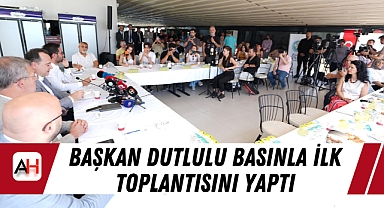Emotional Aspects of Competitive Games: How Competition Impacts Emotional State
Competitive games have been a cornerstone of human interaction for centuries, offering a unique blend of challenge, engagement, and emotional stimulation. The competitive element in games not only motivates players to strive for success but also triggers a range of emotional responses that make these experiences memorable. Whether in sports, board games, or digital platforms, competition fosters a sense of excitement and personal accomplishment, creating an emotional connection to the activity. One reason competition brings joy is its ability to engage the brain’s reward system. Winning, or even the anticipation of success, releases dopamine, a neurotransmitter linked to feelings of happiness and satisfaction. Platforms like
gates of olympus oyna offer an environment where players can test their skills and strategies against others, enhancing the emotional highs associated with competitive success. This emotional engagement fuels the desire to participate repeatedly, making competition an enduring source of enjoyment.
The Thrill of Achievement
Competition often provides a clear goal, and achieving that goal can evoke a profound sense of accomplishment. This thrill is amplified when the stakes are high, as the effort invested and the uncertainty of outcomes heighten the emotional payoff. Players experience pride in their abilities and validation of their efforts, which contributes to long-term emotional well-being. Moreover, even the process of competing, regardless of the outcome, can foster feelings of engagement and purpose. On the other hand, competition also introduces challenges that can affect emotional states negatively, such as frustration or disappointment after a loss. However, these emotions can be constructive, as they often drive players to improve and adapt, enhancing their skills over time. The balance of positive and negative emotions is a defining feature of competitive experiences, making them both thrilling and personally enriching.
Social and Psychological Benefits
Competition often occurs within a social context, allowing players to connect with others, whether as rivals or teammates. These interactions can create bonds, build camaraderie, and foster a sense of belonging. Additionally, the emotional highs and lows experienced during competition can contribute to emotional resilience, teaching players how to manage stress and recover from setbacks. Psychologically, competition enhances focus, determination, and strategic thinking. It engages the mind in ways that encourage problem-solving and adaptability, traits that are valuable beyond the game itself. The combination of emotional and cognitive engagement makes competitive games a holistic experience that resonates with participants on multiple levels.













































